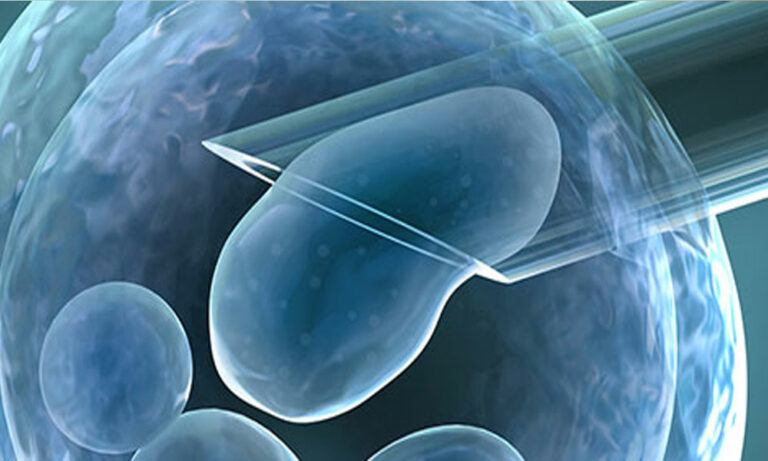
5 Causes of Infertility for Women
Infertility is described as when a couple cannot conceive even when having regular unprotected sex. When trying for a baby women can become concerned with their fertility. After 12 months of trying for a baby with your partner, you are advised to talk to your doctor about your options.
There are many causes for infertility, with some of them being unexplained for couples, but there are some common causes as well. Here are five of the most common.
1. Age
Fertility is something that will decrease naturally as we age. From the age of 35 our fertility tends to decrease at a faster pace. This does not mean you will not fall pregnant, but it can be a lot more difficult to conceive.
As we get older the gap between fertility and reaching menopause shortens, and it will then become increasingly harder to try for a baby. The menopause age is around the ages of 45 and 55.
If you are looking to conceive at a later age it is always worth discussing this with your doctor to see what could be the cause. Age can be a factor for a lot of women trying to conceive, but it is important to have the right advice from your doctor on how to proceed.
2. Pelvic Inflammatory Disease
When you are diagnosed with pelvic inflammatory disease (often abbreviated to PID), there is an infection of the womb, fallopian tubes and ovaries. This often occurs due to a sexually transmitted infection that hasn’t been treated or a particular kind of infection that targets these areas quickly.
Symptoms of pelvic inflammatory disease are very mild, which is why it can sometimes go unnoticed in women. However, symptoms can include:
- Heavy periods
- Pain around the lower part of your stomach
- Unusual vaginal discharge
- Pain during sex
It’s important to talk to your doctor if you feel you may have any symptoms of PID so that it can be addressed as soon as possible. This disease can affect the fallopian tubes and cause scarring, which will cause infertility in women.
3. Endometriosis
Endometriosis is a condition where pieces of the womb lining, known at the endometrium, begin to grow in other places. When these pieces start to grow around the ovaries and fallopian tubes it can be very difficult to conceive.
In fact, one of the symptoms of endometriosis is the difficulty of getting pregnant. You may also suffer from heavy periods, pain during or after sex, and severe pain in your pelvic area. If this has a big impact on your life, it’s recommended visiting your GP to see what can be done to alleviate the symptoms. A lot of patients may undergo surgery to remove endometriosis tissue, but you could also be offered hormone medicines. The condition is caused by a number of factors, from genetics to immunology issues, but it is not wholly known.
Support from your GP can help alleviate your concerns and guide you down the right path that can help with possible fertility options.
4. Certain medicines or drugs
Depending on the medicine there can be some side effects that can affect your fertility. For example, chemotherapy, the culmination of drugs used to treat cancers, has the potential to cause ovarian failure. As this treatment is used to kill cancer cells, it can also affect the blood cells and skin cells, alongside hair loss.
Other medicines can cause fertility concerns as well. Medicines related to psychosis have been reported to cause missed periods and infertility. Illegal drugs have also been known to affect fertility and ovulation.
5. Lifestyle choices
Built up over time, serious lifestyle choices can affect a woman’s fertility. From illegal drug consumption, to large amounts of alcohol or being a heavy smoker. Diet has also been linked to poorer fertility, something that will be discussed with you by your GP.
If you fall pregnant you are urged to quit smoking and stop drinking alcohol. For heavier smokers and drinkers this can be more of an issue. Infertility rates for female smokers are around double the rate of infertility found in nonsmokers, which is why it is so important to kick the habit.
Having a healthy diet promotes better health for a future baby but also helps you with a better frame of mind. Again, this can all be discussed with your GP.
Infertility can be caused by a range of factors, of which some are in our control and others are not. For many women it can be a worry, which is why talking to a medical professional will ensure you are receiving the right support. In other cases, you can receive a fertility evaluation from a clinic to help you with choosing the right options going forward.


















